
"Creating a new legal space for the policy of converting fossil energy to green energy and renewable energy" is the request of Deputy Prime Minister Tran Hong Ha at the meeting on the draft Electricity Law (amended), held on the morning of July 15, in Hanoi.
Ensuring economic energy security
Emphasizing the urgency of amending the Electricity Law, the Deputy Prime Minister requested the Ministry of Industry and Trade to closely follow the policies and guidelines of the Party and State, clearly identify the existing problems, weaknesses, and legal gaps in the electricity sector to improve and supplement them.
Receiving comments at the meeting, the Deputy Prime Minister requested the Ministry of Industry and Trade to clarify the problems, difficulties, and obstacles of enterprises, people, state management agencies, legal regulations, etc. in the electricity sector, in response to the need to ensure energy security for the economy; at the same time, implementing international commitments on reducing greenhouse gas emissions, converting from fossil energy to renewable energy and clean energy.

The law needs to address the relationship between market economy and socialist orientation in the direction of separating state management from business and production; creating a legal corridor for research activities, receiving and transferring new energy technologies; developing and exporting offshore wind power, producing green fuels such as green hydrogen and green ammonia.
Requesting to focus on clarifying 3 major groups of issues, the Deputy Prime Minister said that the largest, most important and difficult group of policies is developing the electricity market according to market economic institutions, competition and transparency from selecting investors in electricity projects to calculating electricity prices sold to users.
Along with that is a group of policies to convert fossil energy sources to low-emission fuel sources or renewable energy; reducing negative impacts in the energy transition process on businesses, people and the economy.
The Deputy Prime Minister noted that the Ministry of Industry and Trade should pay attention to regulations on efficient use, energy saving, and environmental protection; the strategy to develop Vietnam into an energy center of the region and the world; the role of the state in ensuring system safety, encouraging the development of baseload electricity (electricity storage batteries, pumped-storage hydropower, safe nuclear power) to increase the rate of mobilization of renewable energy and new energy.
Building a competitive and transparent energy market
Reporting at the meeting, Deputy Minister of Industry and Trade Truong Thanh Hoai said that the draft Electricity Law (amended) aims to institutionalize the Party and State's guidelines and policies on innovation of mechanisms and policies to build a synchronous, competitive, transparent energy market, diversify ownership forms and business methods; and apply market prices to all types of energy.
At the same time, promote investment and exploitation of wind power, solar power and other forms of renewable energy; legalize electricity price management; attract foreign investment for green development and energy transition.

Amending and supplementing the Electricity Law to promptly adjust social relations arising in the practice of electricity activities and electricity use.
The draft law consists of 9 chapters and 119 articles; regulating the planning of development and investment in construction of electricity projects; development of renewable energy and new energy electricity; electricity operation licenses; electricity market, electricity trading activities; responsibilities, rights and obligations of organizations and individuals operating in electricity and using electricity; operation and regulation of the national electricity system; protection of electricity works and safety in the electricity sector; state management of electricity.
Notably, regarding power development planning and investment in power project construction, the draft Law supplements the authority and responsibility of management agencies in formulating, submitting for approval, adjusting plans and implementation plans; monitoring the progress of power source projects; mechanisms for handling projects that are behind schedule; cases of urgent project investment to solve urgent problems of ensuring energy security; specifying the subjects when selecting investors for power source projects.
Developing renewable energy and new energy power is completely built to institutionalize the Party and State's policies and guidelines on this issue, especially self-produced and self-consumed electricity and offshore wind power.
Along with that, electricity trading activities are supplemented with electricity futures contracts, direct electricity trading, amendments to the calculation and adjustment of electricity prices... Regulations on the operation and dispatch of the national power system are supplemented with a number of new points on operating principles, connection with foreign power grids, and management of electricity demand.
At the meeting, delegates focused on discussing power grid projects in the planning list with voltage levels of 220kV or lower, passing through two or more provinces; policies on offshore wind power; regulations restricting foreign investors' access to the offshore wind market; policies on rooftop solar power, small-scale wind power serving the living needs of households and state agency headquarters, and public works.
Analyzing some major issues facing the electricity sector, some opinions say that there are still problems in the management authority between the Central and local governments and there is no clear implementation process when investing in electricity projects (power sources, transmission infrastructure) with the participation of both state-owned and private enterprises.
Meanwhile, mechanisms and policies for developing renewable energy and new energy, especially solar power, wind power, biomass power, waste-to-energy, etc., are still lacking. The electricity market has not yet met the requirements for implementing a competitive retail electricity market.
Contents on safety of power source projects (hydropower, renewable energy) and electricity use need to be regulated more fully.
Source


![[Photo] Prime Minister Pham Minh Chinh chairs the fourth meeting of the Steering Committee for Eliminating Temporary and Dilapidated Houses](https://vphoto.vietnam.vn/thumb/1200x675/vietnam/resource/IMAGE/2025/5/11/e64c18fd03984747ba213053c9bf5c5a)

![[Photo] The moment Harry Kane lifted the Bundesliga trophy for the first time](https://vphoto.vietnam.vn/thumb/1200x675/vietnam/resource/IMAGE/2025/5/11/68e4a433c079457b9e84dd4b9fa694fe)

![[Photo] National Assembly Chairman works with leaders of Can Tho city, Hau Giang and Soc Trang provinces](https://vphoto.vietnam.vn/thumb/1200x675/vietnam/resource/IMAGE/2025/5/11/c40b0aead4bd43c8ba1f48d2de40720e)
![[Photo] Discover the beautiful scenery of Wulingyuan in Zhangjiajie, China](https://vphoto.vietnam.vn/thumb/1200x675/vietnam/resource/IMAGE/2025/5/11/1207318fb0b0467fb0f5ea4869da5517)
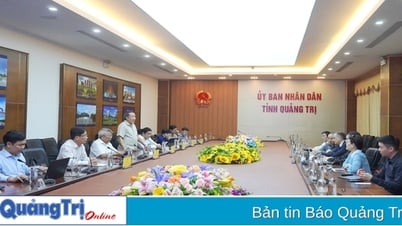

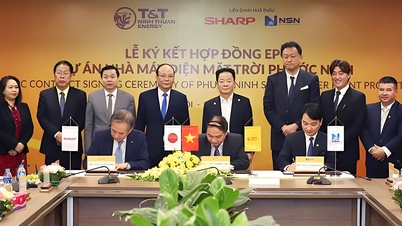



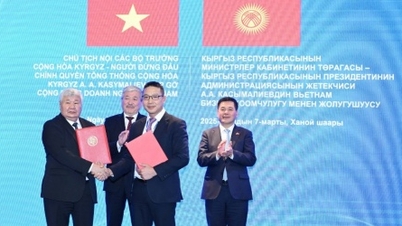



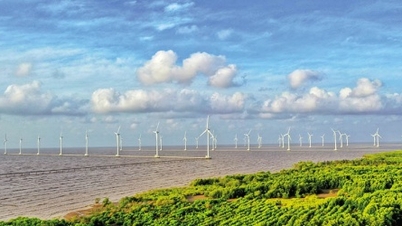
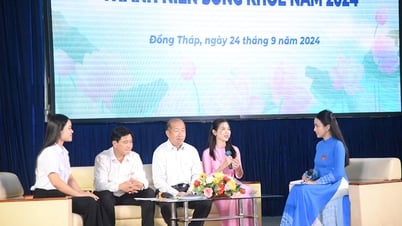

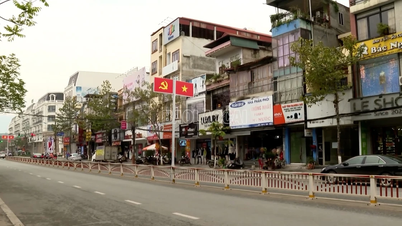
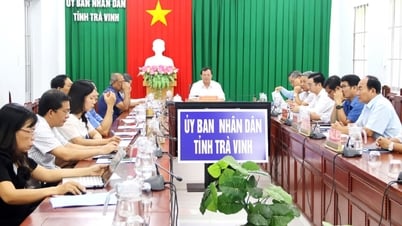
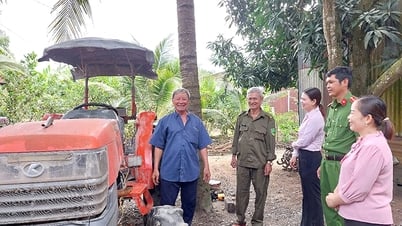






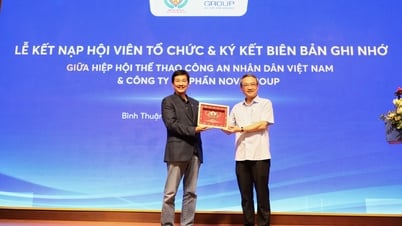



































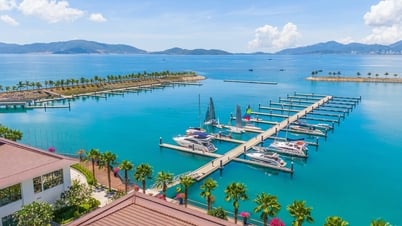

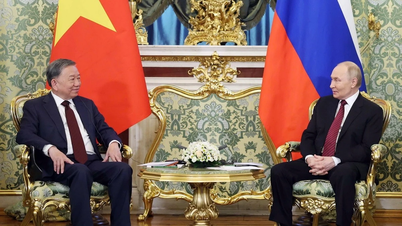









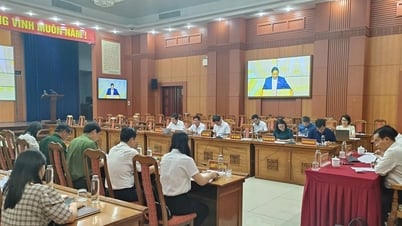

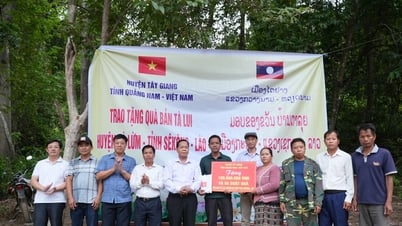



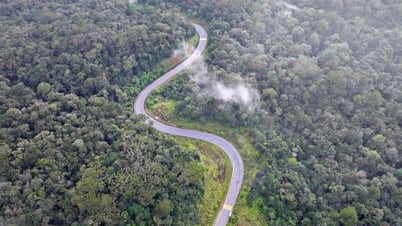












Comment (0)